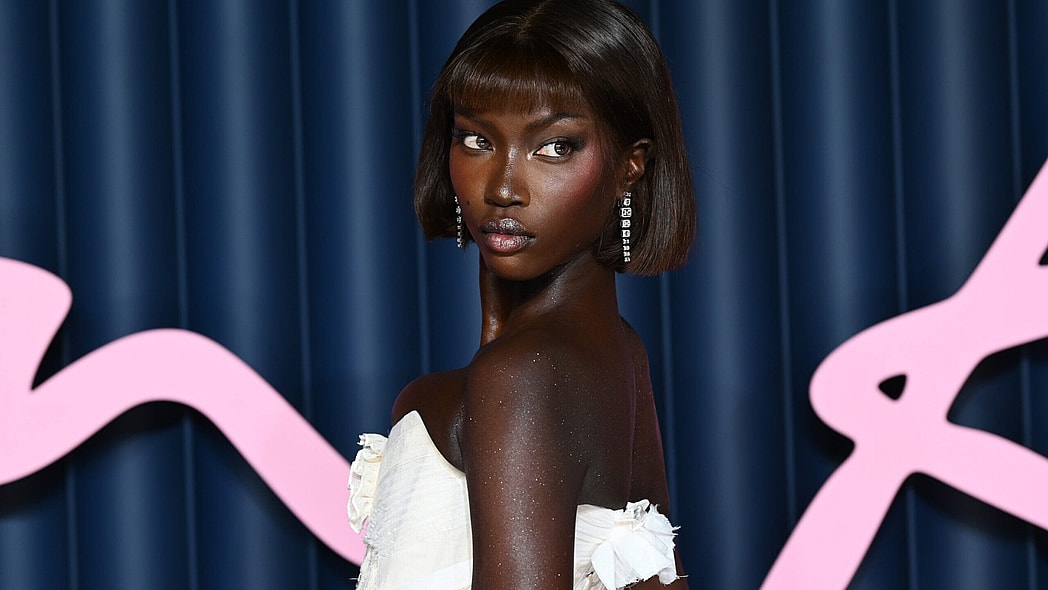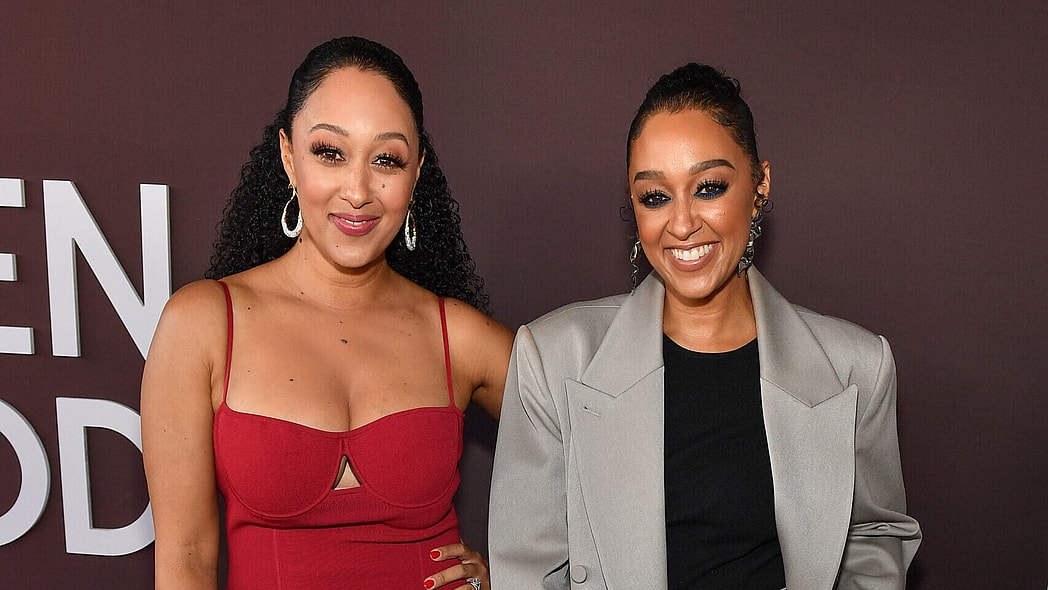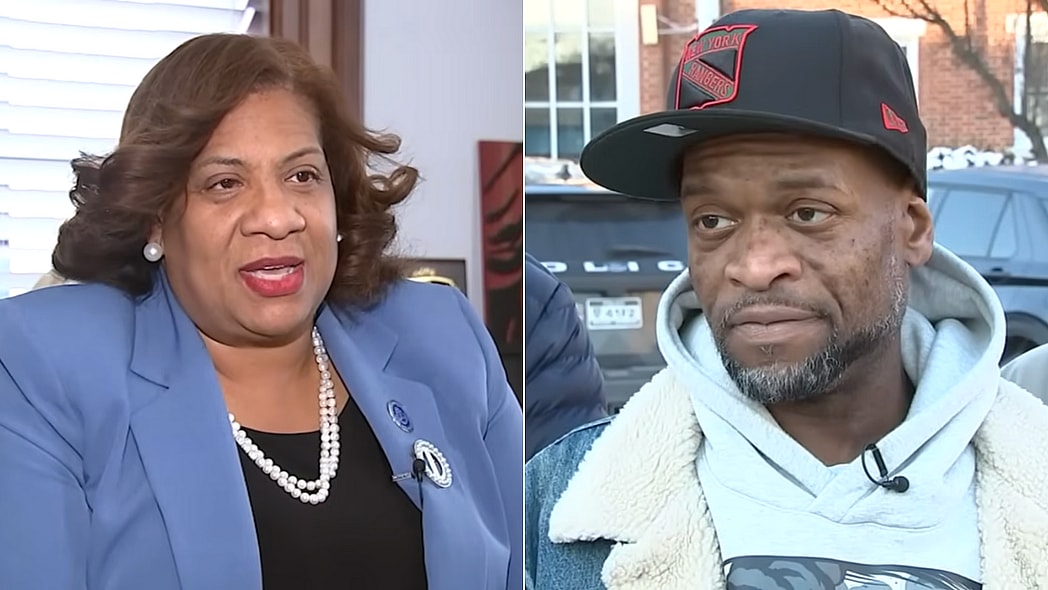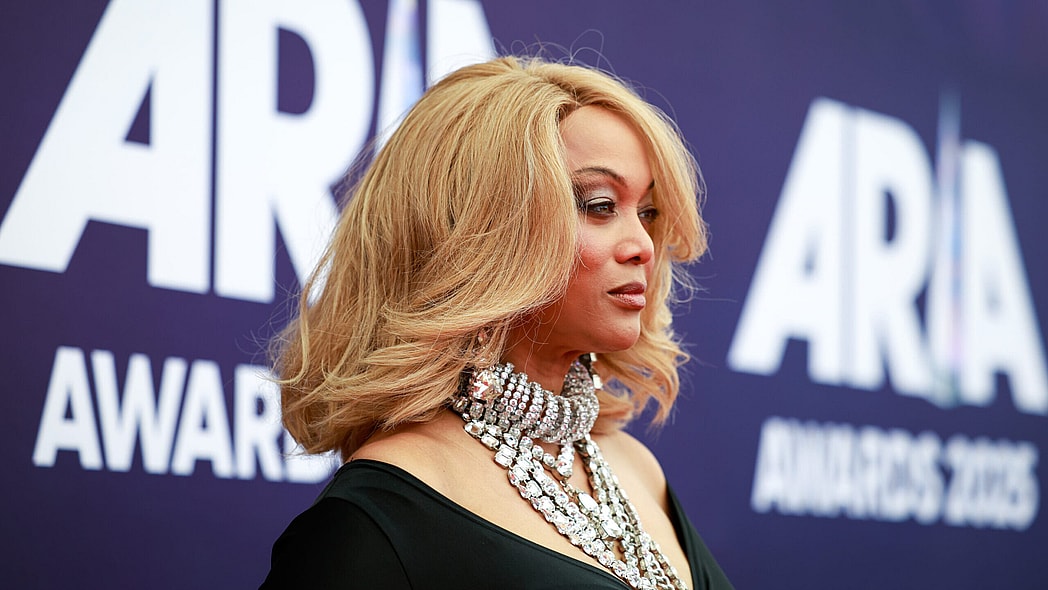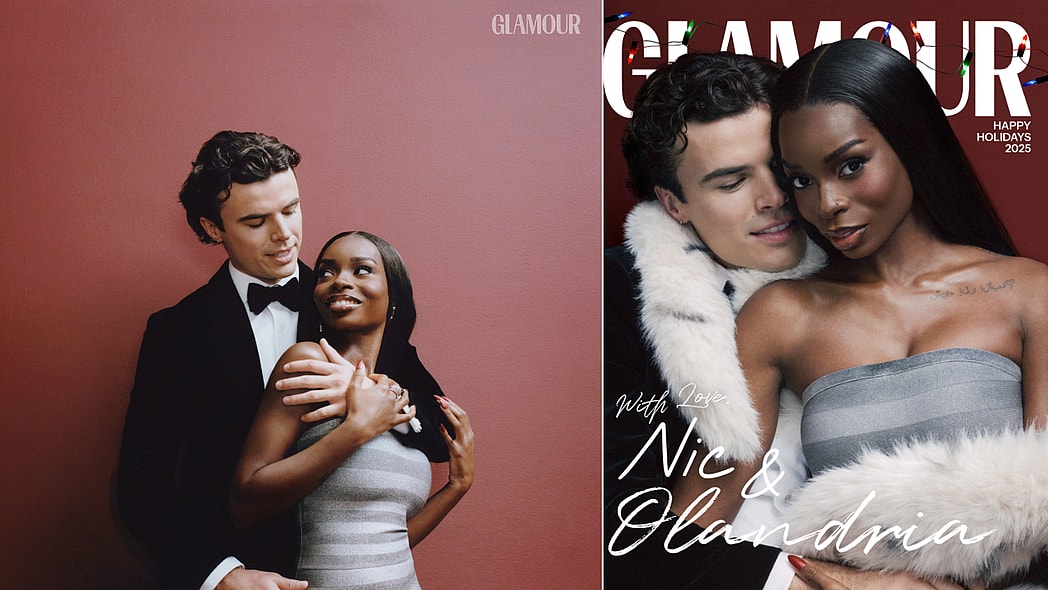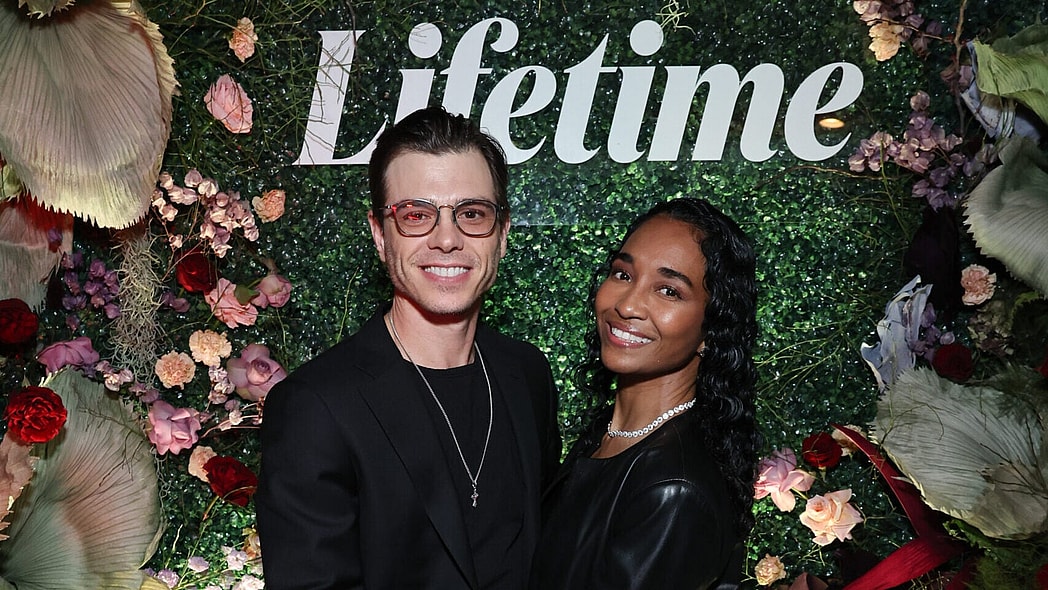In recent years, it feels like wellness or “self-care” has landed on everyone’s personal ‘Top 5’ list of priorities. From superficial practices like manicures, facials and massages to healthy practices like clean eating, exercise and therapy, wellness routines have taken over the social media streets. Nevertheless, while the seemingly collective prioritization of self-care has encouraged more people to pour into themselves, the trend remains an aspirational lifestyle to many.
The reality is that popular wellness tips are not always accessible, especially for people living outside of a specific tax bracket. So, does that mean self-care is reserved for certain socioeconomic groups?
For author Tamela J. Gordon, the answer is no. In her upcoming book “Hood Wellness: Tales of Communal Care from People Who Drowned on Dry Land,” Gordon offers a new perspective on wellness, which is all about inclusive, free-to-cheap self-care practices and, most importantly, the power of community.
“‘Hood Wellness’ is essentially my experiences with communal care,” Gordon told theGrio. “It’s broken into three sections: care and body, care and intersectionality, and care community and activism. Throughout each of these sections, I and other contributors really interrogate and explore the different ways that our lives [have been] impacted by lack of support or having actual support.”
As a longtime self-care advocate, Gordon has participated in several popular wellness trends, like hot yoga. Still craving something more, the author quickly realized that trendy, IG-ready wellness activities were not enough.
“I was cute with it, but I was absolutely miserable. It was during that time that I realized what I thought I knew to be true about wellness really wasn’t at all,” she explained. “I wanted to get into therapy and do what I called ‘ugly healing.’”
Recommended Stories
After years of relying on self-care and wellness to navigate poverty, addiction, and discontent, Gordon acknowledged her struggles and asked for help in doing battle with them. With the help of her community, the New York native relocated to Florida, where she was not only able to get the help needed for her physical and mental healing but also create a three-day retreat in her home for those seeking affordable mental health support.
Completely altering her views on wellness and communal healing, Gordon’s experience unveiled the power that can be found within community. As a queer Black woman, she was particularly interested in the ways healing modalities present themselves within marginalized communities. While the term “hood wellness” partially refers to her own budget-friendly approach to self-care, Gordon explains that “hood” represents more than just a socioeconomic status.
“The hood is really multifunctional in the sense that in literal terms [it represents] my location. Where I live has everything to do with my ability to care for myself…my hood plays a part in my safety and my comfort, my amenities and all of that,” she said. “So housing is always going to be a conversation [that comes up,] but also, ‘hood’ comes up in its communal sense.”
Going beyond the inner-city connotations often associated with the word “hood,” Gordon’s philosophy highlights the community that can be found within a neighborhood.
“In any hood I’ve ever been to, there are always people who become sources of information and resources. Whether you’re trying to cash in your food stamps, or you need to know which bus goes to what building, there is always somebody in that tenement, or on that block or in that neighborhood that would [offer a little bit of guidance],” Gordon explained, adding, “it is in those ways, where [a] hood becomes unique.”
Understanding the nuances of the Black experience, the Kirkus Star-awarded book features the tales of other contributors recounting their own physical and mental wellness journeys, showcasing how wellness practices can impact one’s relationship with their body, identities and rights. From terminal illness and police violence to embracing gender identity in a society that consistently undermines and attacks trans and queer rights, each story reflects current America’s extreme political, racial, and gender climates while challenging similarly oppressive systems deeply rooted in the health and wellness industries.
“As their stories unfold, we see this pattern where some voices are underappreciated because of their intersection, and that impacts not just the community, but also the individuals,” said Gordon, highlighting the contributions of activists like Claudette Colvin and Tarana Burke in the book. “It’s in this way that wellness tends to intersect and really have an impact on us based on our identities, our communities, and how much [we] have to actually fight for [our] rights.”
Significantly, Gordon is clear that “Hood Wellness” is not a wellness guide. Describing herself as an “explorer who takes good notes” instead of an expert, the author hopes her and other contributors’ wellness explorations inspire readers to explore what the concept of self-care and wellness might look like for themselves.
“My wellness is hood; my wellness is ugly. I like candles and bubbles and all that s–t. But also, I like the unique information that I [can] only get from home…from community,” Gordon explained. “I want people to know that ‘Hood Wellness’ is truly an experience. It is funny. It is thought-provoking. It’s emotional on both ends. And I think that people are going to be really surprised by how inspired and entertained they walk away.”
Haniyah Philogene is a multimedia storyteller and Lifestyle writer for theGrio covering all things culture. With a passion for digital media, she goes above and beyond to find new ways to tell and share stories.


